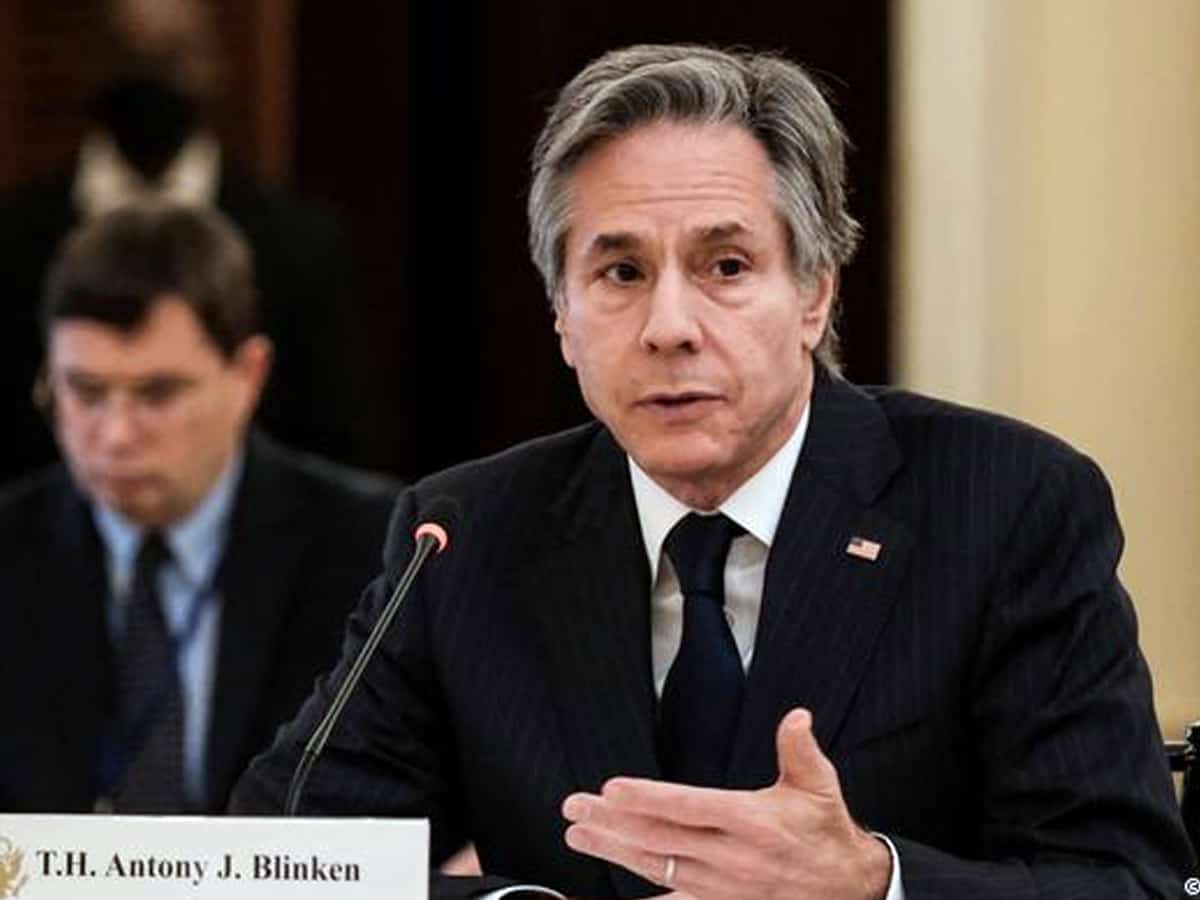
United States of America’s Secretary of state Antony Blinken condemned the Taliban after the latter imposed a statewide ban on women attending universities in Afghanistan on Tuesday.
“Until the Taliban respect the rights of everyone in Afghanistan, they cannot be considered a legitimate member of the world community. There will be repercussions from this choice for the Taliban,” said State Department Secretary Antony Blinken made a statement.
When the Taliban took control last year, they pledged to impose a lighter law; nevertheless, they have tightened restrictions on all aspects of women’s lives while blatantly ignoring worldwide anger.
In a letter sent to all public and private universities, signed by Minister for Higher Education Neda Mohammad Nadeem, it was stated that “you all are informed to immediately implement the indicated order of halting education of females till further notice.”
The decision was denounced by Washington in “the strongest terms.”
The ban on higher education was enacted less than three months after thousands of girls and women across the nation took entrance examinations for universities, with many of them hoping to pursue professions in teaching and medicine.
Ramiz Alakbarov, the UN chief’s deputy special representative for Afghanistan, stated that the organization is “very concerned” about the directive. “Education is a fundamental human right. A door closed to women’s education is a door closed to the future of Afghanistan,” he tweeted.
The universities will resume classes in March after their current winter vacation.
Madina, a journalism student who only wanted her first name to be published, was unable to comprehend the significance of Tuesday’s order.
“Nothing to say, I suppose. All of my friends, including myself, lack the words to adequately convey how we feel. In Kabul, the 18-year-old spoke with AFP.
“Everyone is contemplating their uncertain future. “They buried our hopes.” Rhea, a medical student in the capital, added that the nation was headed back into “dark days.”
Secondary school education ban
Universities were compelled to enact new regulations following the Taliban’s takeover of the nation, including gender-segregated classrooms and entrances, and women could only be taught by older males or female professors.
Most adolescent girls in the nation have already been prohibited from attending secondary schools, significantly limiting their access to higher education.
Many Taliban officials claim the closing of the secondary education system is only temporary, but they have also rolled out a long list of justifications, ranging from a shortage of funding to the need for time to redesign the curriculum in accordance with Islamic principles.
Numerous teenage girls have been married off before their time since the ban, frequently to considerably older men of their father’s choosing.
Women have been prohibited from education, employment, traveling, and visiting places. In recent weeks, the authorities have also resumed public floggings and killings of both men and women as they enforce a strict version of Islamic Sharia law.
